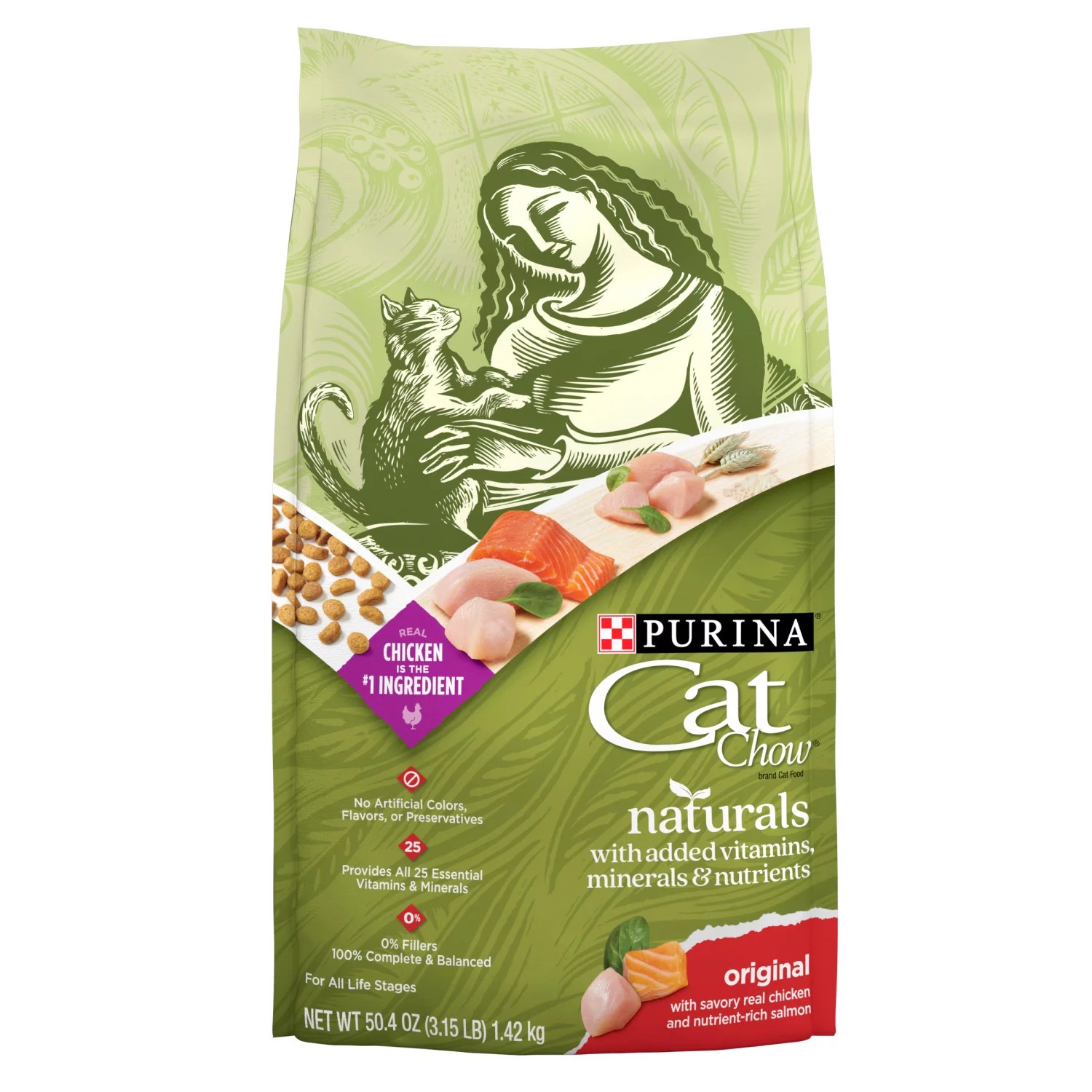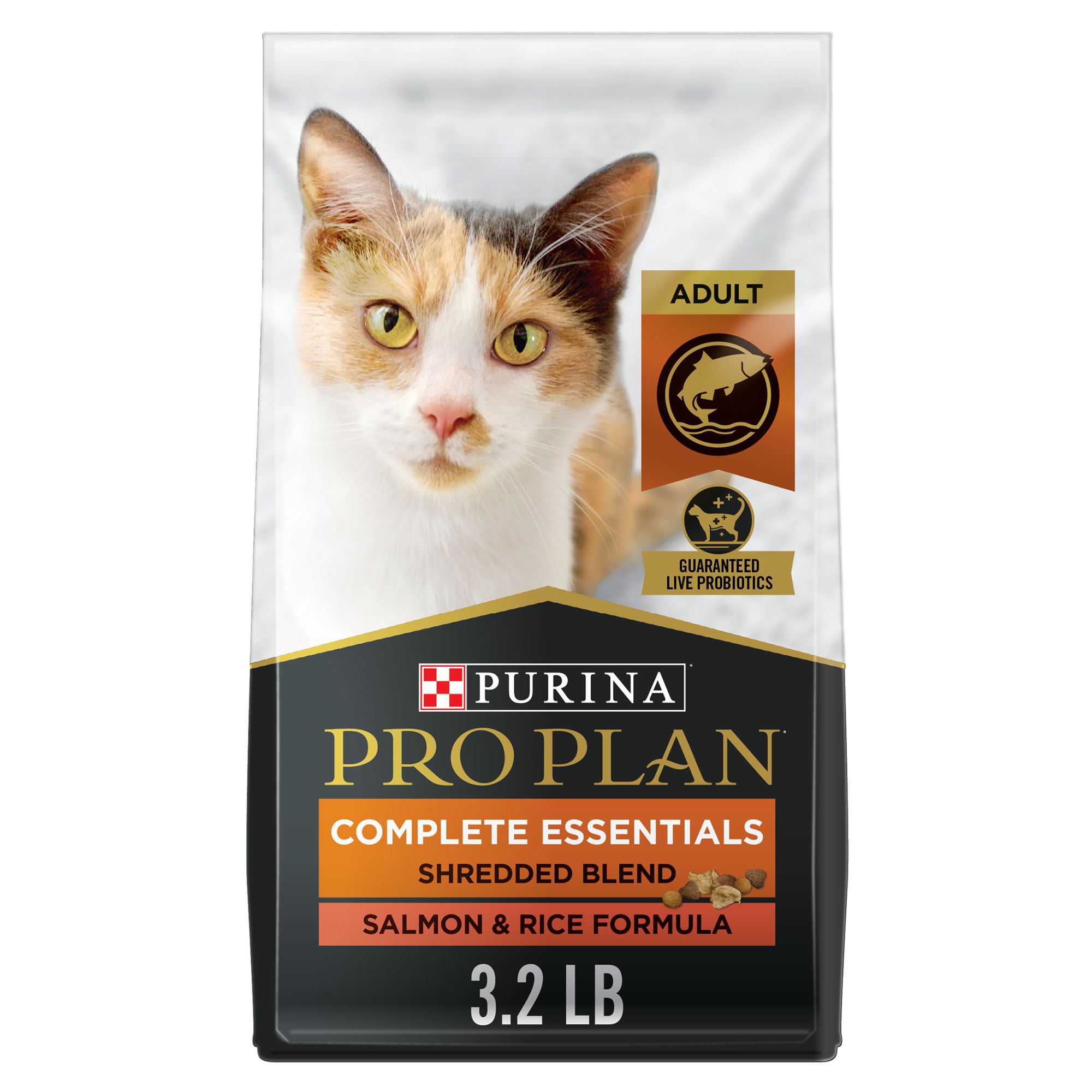When it comes to choosing the right cat food, many pet owners find themselves asking, "Is Purina cat food bad?" This question is crucial, as the health and well-being of our feline companions depend significantly on their diet. In this article, we will delve deep into the various aspects of Purina cat food, evaluating its ingredients, nutritional value, and potential impacts on your cat's health.
As cat owners, we want nothing but the best for our pets, and understanding what goes into their food is essential. Purina is a well-known brand in the pet food industry, but like many products, it has its pros and cons. We will explore these in detail, providing a balanced view to help you make informed decisions.
This article will also consider expert opinions, consumer reviews, and scientific data to answer the pressing question: Is Purina cat food bad? By the end, you will have a clearer understanding of whether this brand aligns with your cat's dietary needs.
Table of Contents
- What is Purina Cat Food?
- History of Purina
- Nutritional Value of Purina Cat Food
- Ingredients Analysis
- Pros and Cons of Purina Cat Food
- Expert Opinions on Purina Cat Food
- Consumer Reviews and Experiences
- Conclusion
What is Purina Cat Food?
Purina is a brand of pet food owned by Nestlé and is one of the largest pet food manufacturers in the world. It offers a wide range of cat food products, including dry kibble, wet food, and specialized formulas for different life stages and dietary needs. The most popular lines include Purina Pro Plan, Purina One, and Friskies.
History of Purina
Founded in 1894, Purina started as a livestock feed company. Over the years, it expanded into the pet food market and gained a reputation for its quality products. In 2001, Purina merged with Nestlé, which further solidified its position in the global pet food industry.
Nutritional Value of Purina Cat Food
Understanding the nutritional value of Purina cat food is essential for assessing its suitability for your pet. Here’s a breakdown of key nutritional components:
- Protein: Essential for muscle development and overall health.
- Fats: Provide energy and support skin and coat health.
- Carbohydrates: Offer energy but should be provided in moderation.
- Vitamins and Minerals: Crucial for immune function and overall well-being.
Ingredients Analysis
Analyzing the ingredients in Purina cat food is vital in determining its quality. Here are some common ingredients found in Purina products:
- Meat and Meat By-Products: Primary sources of protein. However, the term "by-products" can be vague and may include less desirable parts.
- Corn and Wheat: Often used as fillers, these ingredients can be controversial among cat owners.
- Animal Fat: A source of energy but should be specified (e.g., chicken fat) for transparency.
- Vitamins and Minerals: Added to ensure complete nutrition.
Pros and Cons of Purina Cat Food
Pros
- Widely available and affordable.
- Offers a diverse range of products catering to various dietary needs.
- Backed by extensive research and development.
Cons
- Some ingredients may be viewed as low-quality or controversial.
- Potential allergens (like corn and wheat) may not suit all cats.
- Mixed reviews on palatability and digestibility.
Expert Opinions on Purina Cat Food
Veterinarians and pet nutritionists often have differing opinions on Purina cat food. Some professionals appreciate the brand for its affordability and extensive range of options, while others criticize it for using lower-quality ingredients. It's essential to consult with your veterinarian to determine the best diet for your cat.
Consumer Reviews and Experiences
Consumer feedback on Purina cat food is varied. Many pet owners report that their cats enjoy the taste and have no digestive issues. However, some have expressed concerns about the ingredient quality and potential health issues related to long-term feeding. Reading reviews and gathering information from multiple sources can help you make an informed decision.
Conclusion
In conclusion, whether Purina cat food is good or bad for your pet depends on various factors, including your cat's specific health needs and dietary preferences. While Purina offers a range of affordable options, it's vital to read the ingredient labels and consult with your veterinarian to ensure your cat receives the best nutrition possible.
If you have any experiences or thoughts about Purina cat food, feel free to leave a comment below. Sharing your insights can help other cat owners make informed decisions about their pets' diets.
Thank you for reading! We invite you to explore more articles on our site for further insights into pet care and nutrition.




